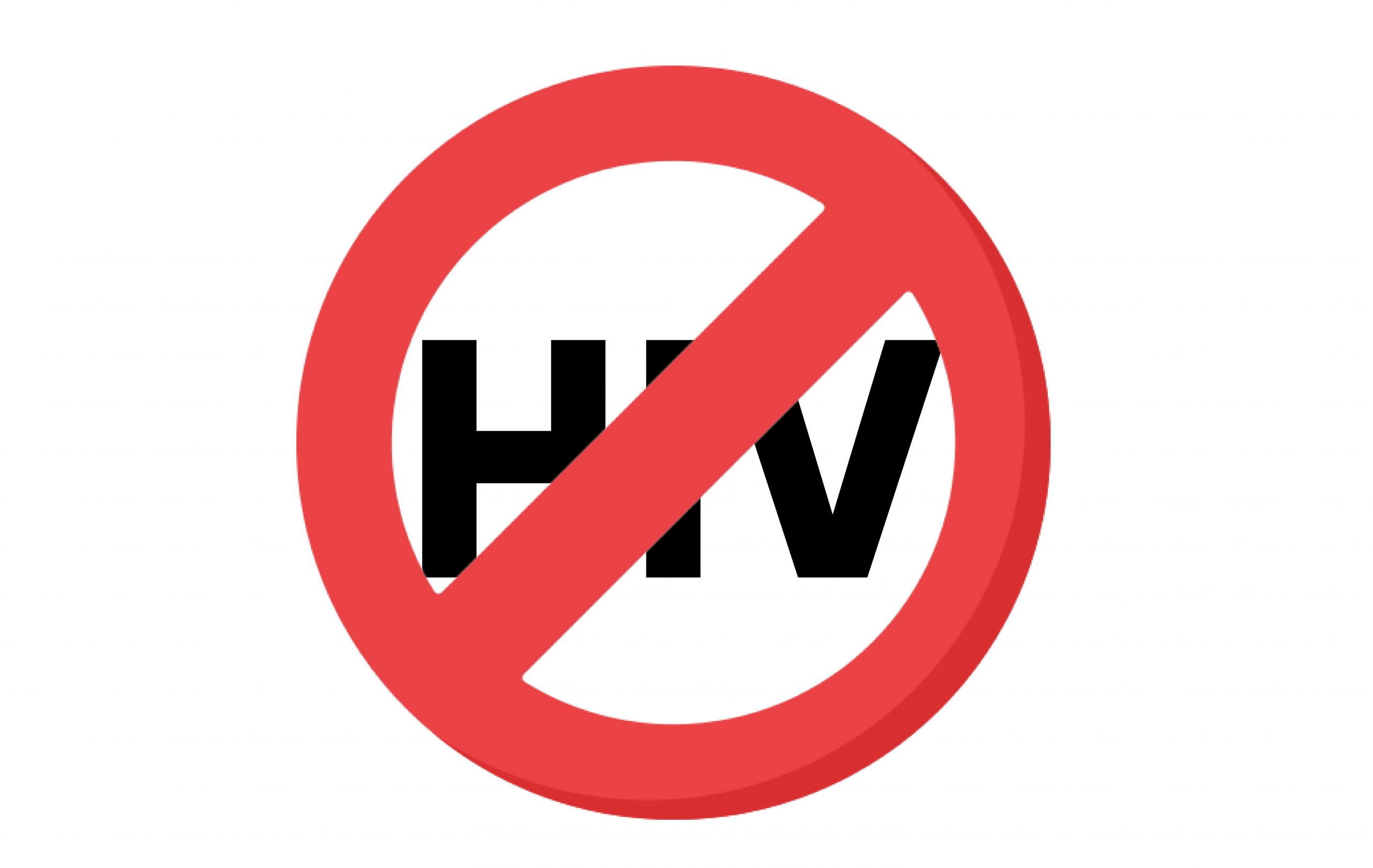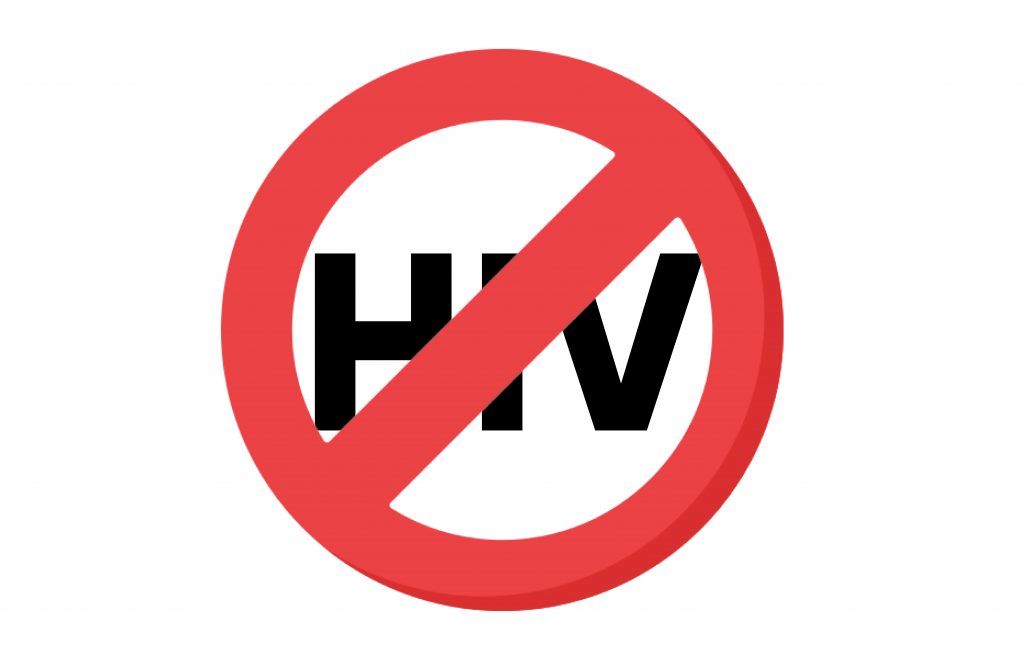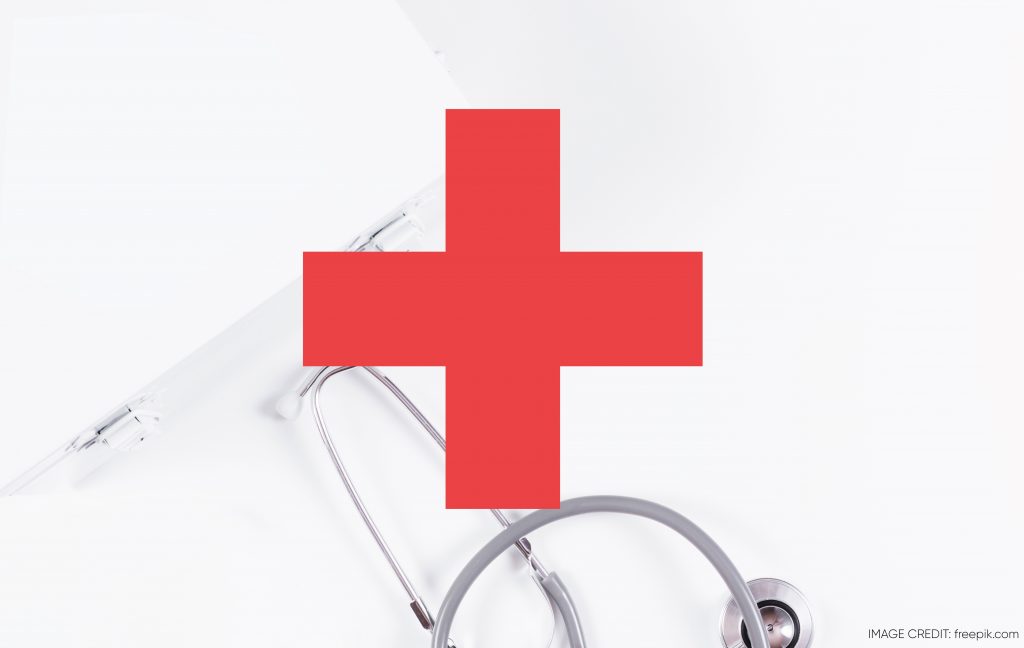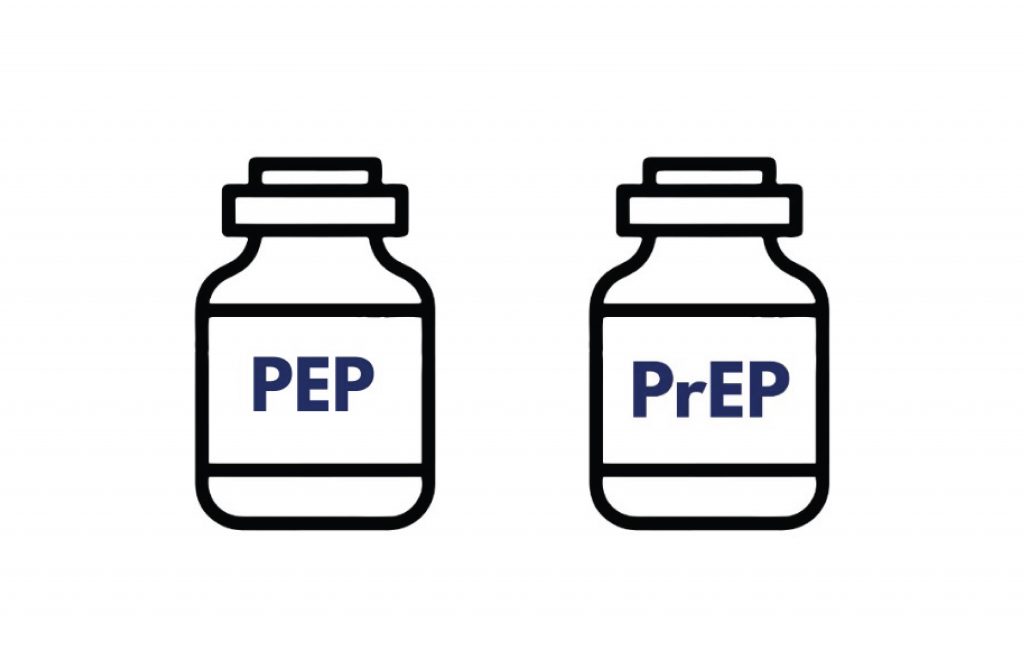
The word HIV is enough to send shivers down anyone’s spine. HIV is incorrectly assumed to be
a death-knell by many people. This is also the reason many people try to avoid this seemingly
morbid subject altogether, thus missing out on even the important points – like adopting suitable
methods to be cautious against the virus.

Today, it is much easier to prevent HIV transmission by adopting some simple steps. HIV
transmission can be avoided effectively even if your partner is HIV positive or if you’ve had a
risky encounter.
Direct go to
5 Tips To Prevent HIV Transmission
Use Protection While Having Sex

HIV spreads by the exchange of bodily fluids between two people. This could be semen, blood,
pre-seminal fluids, vaginal fluids, rectal fluids, etc.
While having sex, it is important to use a barrier method like condoms which can restrict this
fluid-exchange and thereby, considerably, bring down the chance of contracting HIV.
Limit The Number Of Sexual Partners
A person can have HIV for many years without experiencing symptoms. In these cases, HIV
continues to slowly affect the immune system of a person without causing any external
symptoms. If you happen to have unprotected sex with such an individual, you could contract
the virus and neither party would be aware.
Therefore, it is safer to have sexual intercourse with only those people whom you know well and
trust.
Test & Treat Yourself For STDs / STIs

It is easier to contract HIV if you already have an STD. For example, if an STD causes sores in
your body, then the break in your skin provides a way for the HIV virus to make its way into your
body.
It is imperative to test yourself regularly for STDs and get them treated at the earliest, if
required.
Don’t Share Needles/Syringes
As mentioned above, HIV spreads through the exchange of bodily fluids. One must NEVER
apply, and used needles/syringes to avoid risks of HIV transmission.
Sharing needles/ syringes are often seen in people addicted to IV drugs. Avoiding IV drugs goes
a long way in preventing HIV transmission.
Consult with your Doctor for PrEP & PEP

If you believe you are at risk to contract HIV, then consult with your medical practitioner and ask
them about PrEP.
PrEP for HIV means Pre-Exposure Prophylaxis and involves medication to be taken on a
regular basis by at-risk people to avoid HIV infection. You’re at risk if your partner is HIV
positive, if you regularly have unprotected sex with multiple partners or if you share needles/
syringes with at-risk or infected people.
In case you have had a high-risk exposure, you may consult your healthcare provider for PEP.
PEP for HIV means Post-Exposure Prophylaxis and involves medication to be taken after a
risky exposure to prevent infection with HIV. This is a medication that needs to be taken within
72 hours of a potentially risky exposure wherein your partner is HIV positive or their status is not
known while they are at high risk for being HIV positive.
If you had an exposure with such a person and your condom broke or if you had unprotected
sex or came in direct contact of the body fluids of your partner on abraded skin or mucous
membranes, PEP may be required.
PEP is also recommended in cases of sexual assault, cases of sharing needles/syringes, and in
healthcare settings where a healthcare worker gets exposed with a sharp instrument/needle and
sustains cuts or injuries, with an infected source or where the source cannot be verified.
With modern advancements in the medical field, it is possible to be better prepared against HIV
and take effective steps to keep the virus at bay.
DrSafeHands provides confidential testing, counseling, and treatment for a number of sexual
ailments and mental health issues across the country. For more information, visit DrSafeHands.com
Disclaimer: This website may contain general information relating to various medical conditions and their treatment. Such information is provided for informational purposes only and is not meant to be a substitute for the advice provided by a doctor or other qualified healthcare professionals. Readers should not use the information contained herein for diagnosing a health or fitness problem or disease. Readers should always consult with a doctor or other healthcare professional for medical advice or information about diagnosis and treatment.
